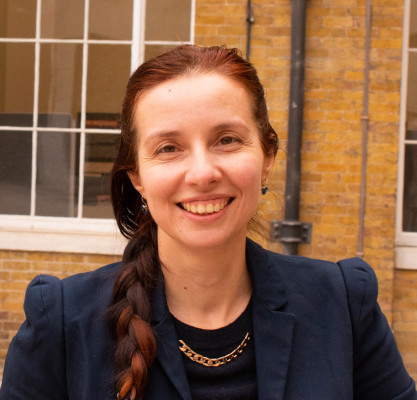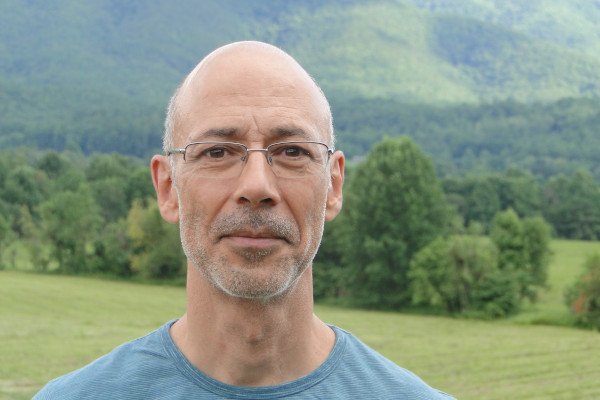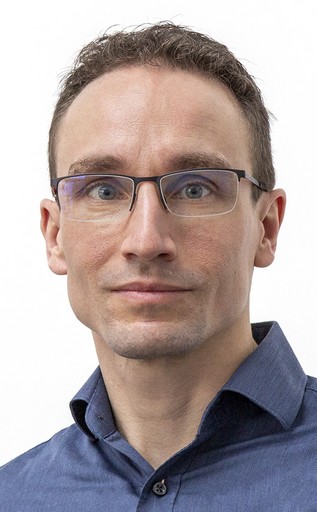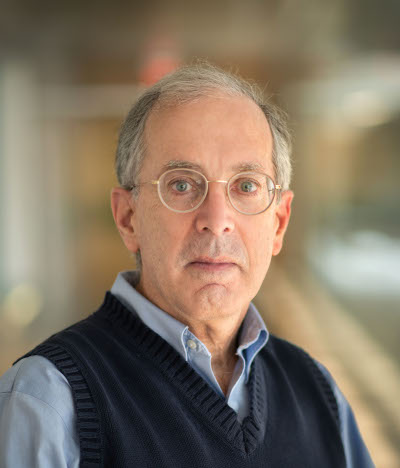Predictive and practical simulations
of plasma systems and plasma processes
(WORKSHOP 1)
Chair: Adam Obrusník (MUNI, PlasmaSolve, Czech Republic)
This topical workshop explores the evolution of plasma modeling and simulation over the past 10-20 years, highlighting both success stories and challenges. It features four renowned speakers from the field of low-temperature plasma, each with distinct primary expertise: calculating fundamental data for models, engineering plasma chemistry, modeling of industrial low-pressure systems, and elucidating new plasma mechanisms. The workshop will commence with each expert sharing their insights and experiences regarding plasma process simulation and their future outlook on the topic. This will be followed by a panel discussion, during which the audience, facilitated by the moderator, is encouraged to pose questions related to the workshop's theme.
The workshop will be moderated by Adam Obrusník who is a researcher dedicated to the development of plasma models for various applications, such as material deposition and plasma catalysis but also an entrepreneur who operates a company providing simulation solutions to diverse industries utilizing plasma.

Anna Nelson
Quantemol Ltd, United Kingdom.
Anna joined Quantemol in 2010 to build up a database of commercial customers. She has
previously worked in sales roles and has a marketing degree and a master's degree in
Physics from Moscow State University. Anna’s in-depth understanding of Quantemol’s
products along with expertise in customer relationships and business acumen led to her
being promoted to the CEO role in 2017.
Anna is responsible for leading the development and execution of Quantemol’s long-term
strategy with a view to creating shareholder value, managing the overall operations and
resources of the company, and the timely execution of projects. She is the main point of
communication between the board of directors and staff and maintains a keen awareness of
Quantemol’s industry and market.
Quantemol is an innovative scientific software company, focused on helping industrial and
academic researchers in their plasma process modeling and providing plasma chemistry
data. It is located in London and boasts international customers from the world's top 20
semiconductor companies and other industries using plasma processes.
Quantemol’s main products are:
Quantemol-EC, software calculating electron scattering cross sections ab initio, based on
UKRMol+ code
Quantemol-VT, plasma modeling software based on world-renowned HPEM code
QuantemolDB, plasma chemistries database, and associated services such as estimation of
missing data, global model, and chemistry analyst tools
Quantemol also offers consultancy services.

Vasco Guerra
Instituto Superior Tecnico, Portugal.
Vasco Guerra is Full Professor at the Department of Physics of Instituto Superior Técnico, Universidade de Lisboa, Portugal, and the Head of the Modelling and Simulation activities of the N-PRiME group of Instituto de Plasmas e Fusão Nuclear (IPFN). He held a visiting professor position from the Royal Netherlands Academy of Arts and Science in 2020 and was invited professor at Sorbonne Université in 2016. His research focuses on the modeling of non-equilibrium kinetics of low-temperature molecular plasmas. In 2016 he was awarded the William Crookes Plasma Prize, co- sponsored by the European Physical Society and the Institute of Physics Publishing, "for the outstanding contribution to the modeling of molecular low-temperature plasmas." His current research interests comprise the use of non-thermal plasmas for sustainable chemistry, such as plasma-assisted CO2 reforming and NOx synthesis, the study of plasma interactions with surface, and the development of numerical tools for plasma modelling. He proposed the application of plasmas for in-situ resource utilization on Mars and studies how plasmas, by converting different molecules directly from the Martian atmosphere, can create the necessary feed-stock and base chemicals for processing fuels, breathing oxygen, building materials, and fertilizers.

Markus M. Becker
Leibniz Institute for Plasma Science and Technology,, Germany.
Markus M. Becker is head of the department Plasma Modelling and Data Science at the Leibniz Institute for Plasma Science and Technology (INP) in Greifswald, Germany. His research interests range from the modelling and analysis of various kinds of low-temperature plasmas and plasma processes to data science and implementation of the FAIR (findable, accessible, interoperable, reusable) data principles in low-temperature plasma physics. In 2012 he received the Dr. rer. nat. degree from the University of Greifswald in computational physics. As doctorate candidate and later as postdoc, he worked at INP in the field of plasma modelling and simulations with special focus on numerical methods and the computational analysis of non-thermal plasmas. In 2017 he became project initiator at INP and since then he started and coordinated several projects in the field of plasma modelling and research data management. His current research focuses on electron kinetics and plasma-chemical processes in non-thermal plasmas for different applications, where he closely connects experimental and computational diagnostics to understand and control plasma processes. Besides, he is board member of the plasma physics association in the German Physical Society (DPG) and he is leading community activities aiming at the adoption of the FAIR data principles in plasma science, see https://www.plasma-mds.org.

Mark J. Kushner
University of Michigan, USA.
Mark J. Kushner is the William P. Allis Distinguished University Professor in the Electrical Engineering and Computer Science Department at the University of Michigan, USA. He received the Ph.D. in Applied Physics from the California Institute of Technology, and served on the technical staffs of Sandia National Laboratory, Lawrence Livermore National Laboratory and Spectra Technology before joining the University of Illinois at Urbana-Champaign in 1986 where he was the Founder Professor of Engineering and served in many administrative roles. Prof. Kushner was the Dean of Engineering and the James and Katherine Melsa Professor at Iowa State University before joining the University of Michigan in 2008 as founding director of the Michigan Institute for Plasma Science and Engineering. Prof. Kushner's research areas are low temperature plasmas, their fundamental properties and technological applications, in which he has extensively published. He has served on and chaired several US National Academies policy advising studies, including the 2020 Decadal Report on Plasma Science, and several US Department of Energy (DOE) and Department of Defense advisory panels. He is director of the DOE Low Temperature Plasma Science Center and is a member of the US National Academy of Engineering.